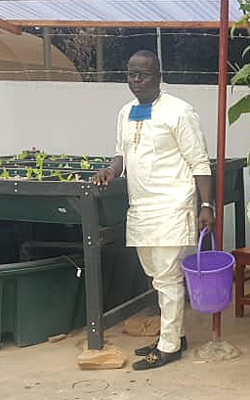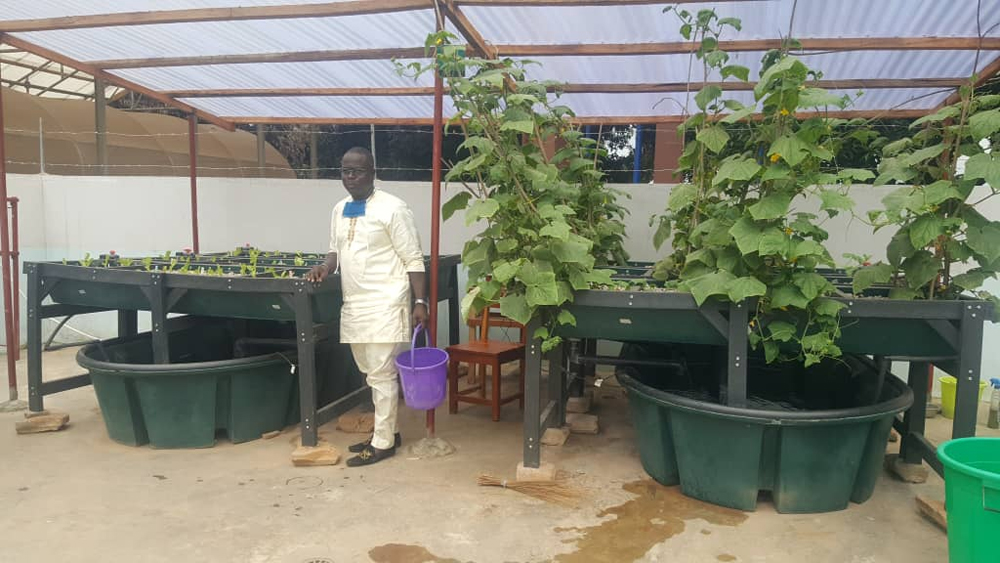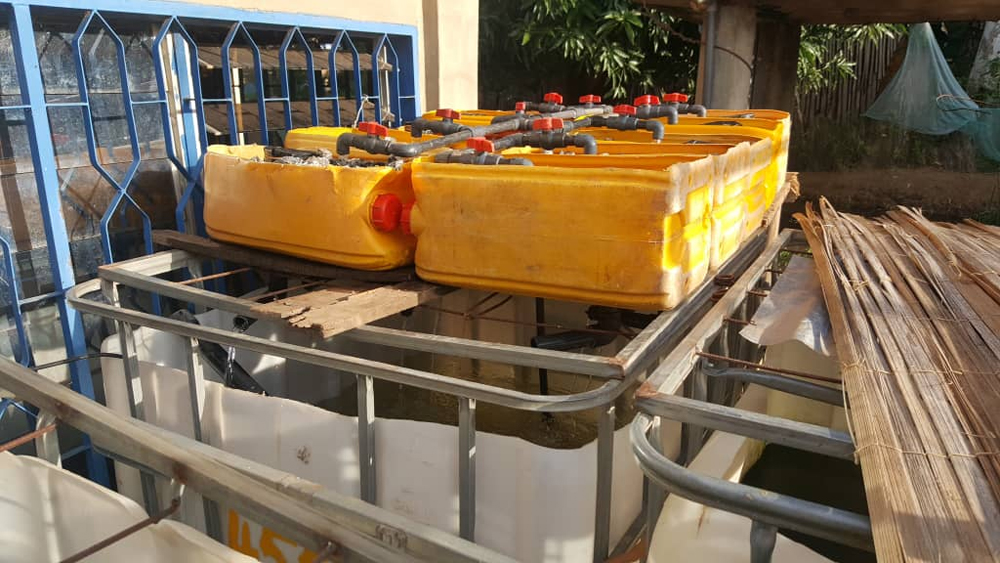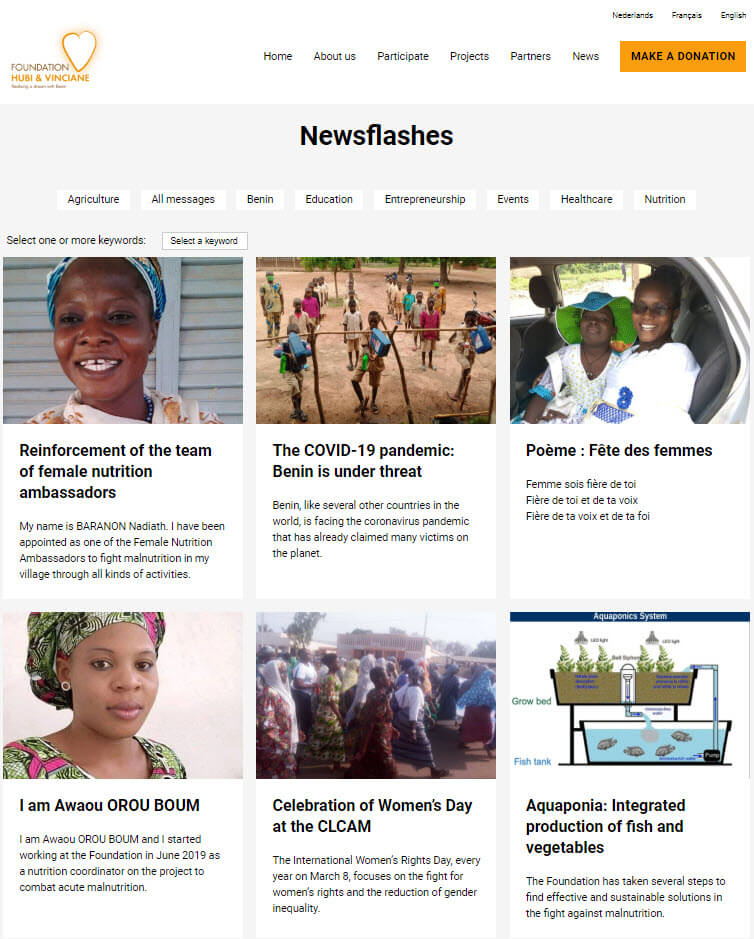Interview with Doctor Professor IBRAHIM TOKO
Antoinette: Hello doctor, please introduce yourself to our partners.

Dr. Toko: I am Professor Ibrahim Toko, a lecturer at the Faculty of Agronomy at the University of Parakou and Director of the Aquaculture and Aquatic Eco-toxicology Research Laboratory.
Antoinette: What can we retain today from the aquaponics system at the University of Parakou after its installation?
Dr. Toko: Ever since I received aquaponics on my farm, it has been a source of curiosity for all my colleagues and students. It seems strange to them to see lettuce or cucumbers growing on stones on a table when there are fish underneath. Even great teachers and specialists wonder what it is. So I had to explain to them how it works, and they actually understood that these are innovations that we have to introduce today into our production systems and that can solve a lot of problems: problems of waste management in aquaculture, problems of organic production because it is a form of production that is really organic, without inputs, without pesticides; a form of production that really has a future in our country.

Today, all over the country, whether in Cotonou or on large farms, people want to install such systems. At the university, we are in great demand. I have already supervised at least three master’s students who are now on the system and several bachelor’s students have already supported the system. I have a student who is developing a prototype with local hardware to build a local kit. At the University of Parakou, on my farm, the kit is now functional. For a week now, he has been installing a system with local hardware that runs perfectly well. Yesterday, he transplanted plants and put in fish. We will see how it works and we want to compare it with the South African kit we received. So the system is working very well and we have calls from everywhere, from Cotonou, even from Togo.
People are already asking me to come to the University of Kara (Togo) to install such kits for them. I have received visits from many students from all over, many professionals and politicians who come to see and are interested. Even the town hall of Parakou. We had a meeting with the mayor Charles Toko at the time and we had to install an aquaponic kit for the city of Parakou on a large scale. The project is still in progress and I think we will try to reactivate it. All this to say that today aquaponics is in vogue and that it is a truly sustainable production system, with a healthy system, not only for consumers, but also for the environment.

Antoinette: Can we have an idea of the cost of the locally produced kit?
Dr. Toko: The student who just set up the system did it with salvage material. He gave me a budget of 150,000 CFA, which I had refused to give. I told him to think about using salvage material. And he used the yellow petrol cans that he cut up. I only gave him a tank, blinds to protect the fish and a pump that I brought back from Belgium. Otherwise, a functional kit like the one we received and with the same surface area should cost us here between 150000 and 200000 CFA. I think that by November we will have a real idea of the cost because it was yesterday that he did the transplanting. As soon as he’s finished, we’ll try to redo the system by making improvements. We will then be able to offer it to households and interested people to produce fish and vegetables at home.
Antoinette: Thank you very much doctor and above all, thank you for the support.
Antoinette Chabi

